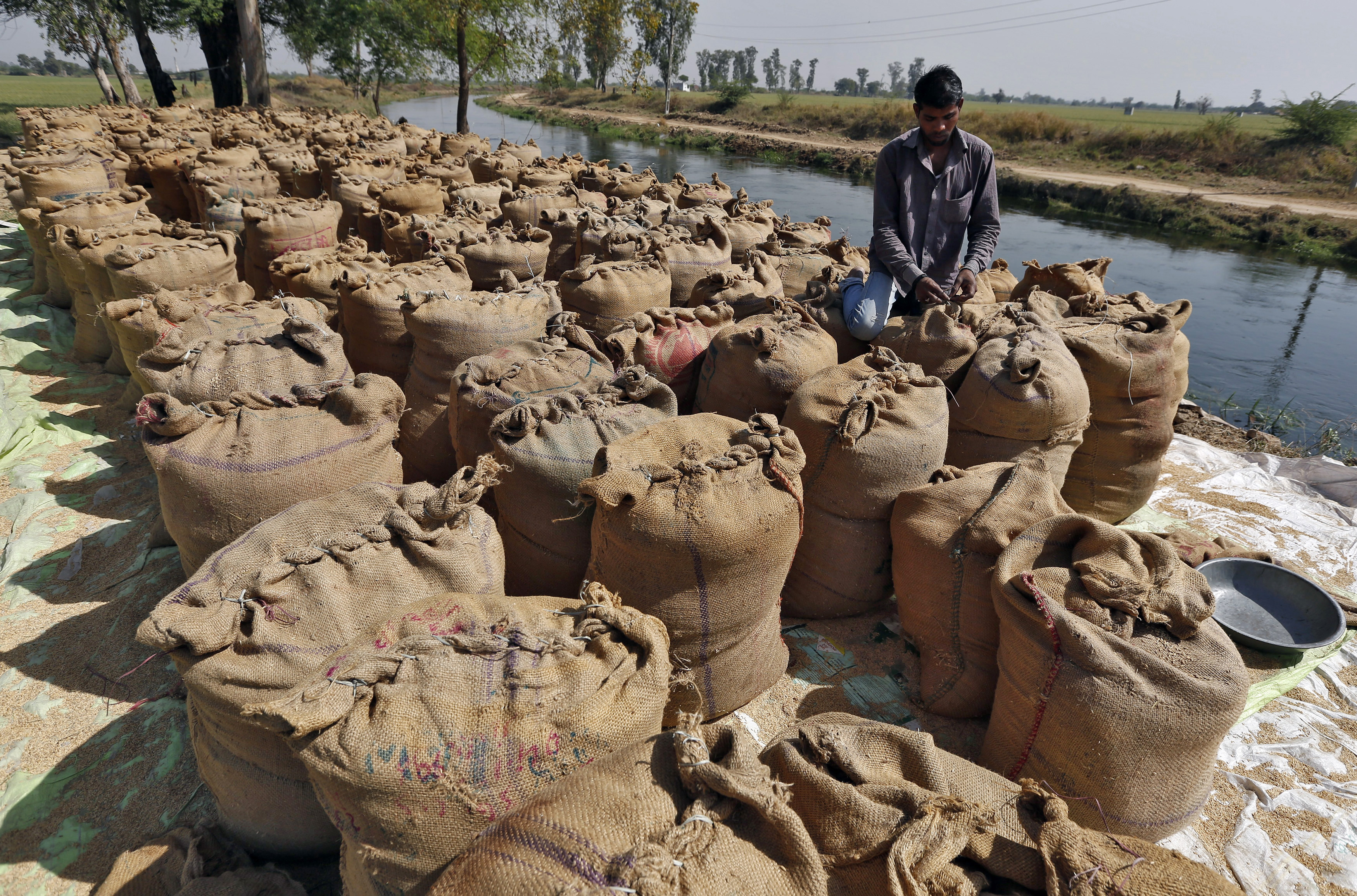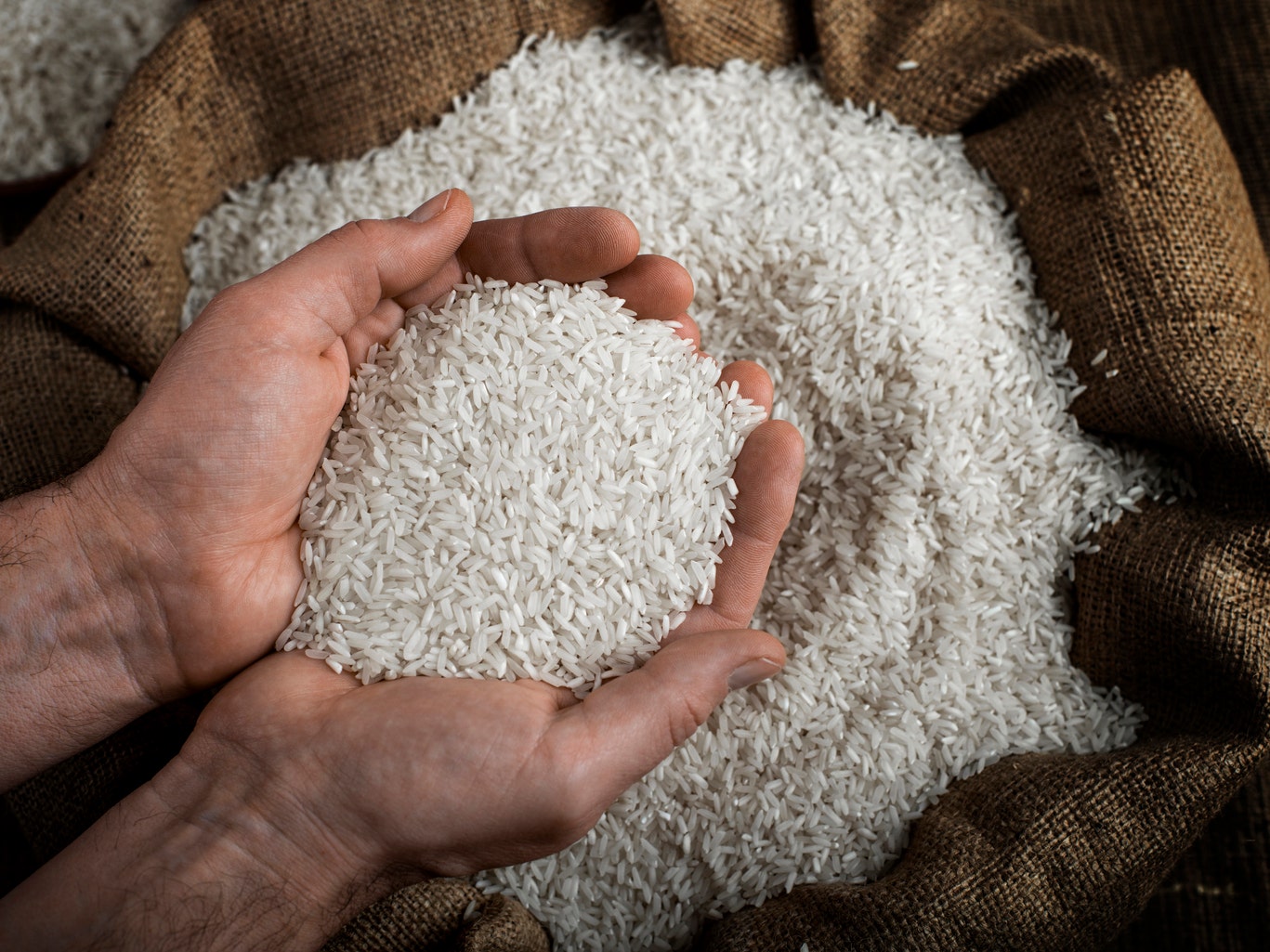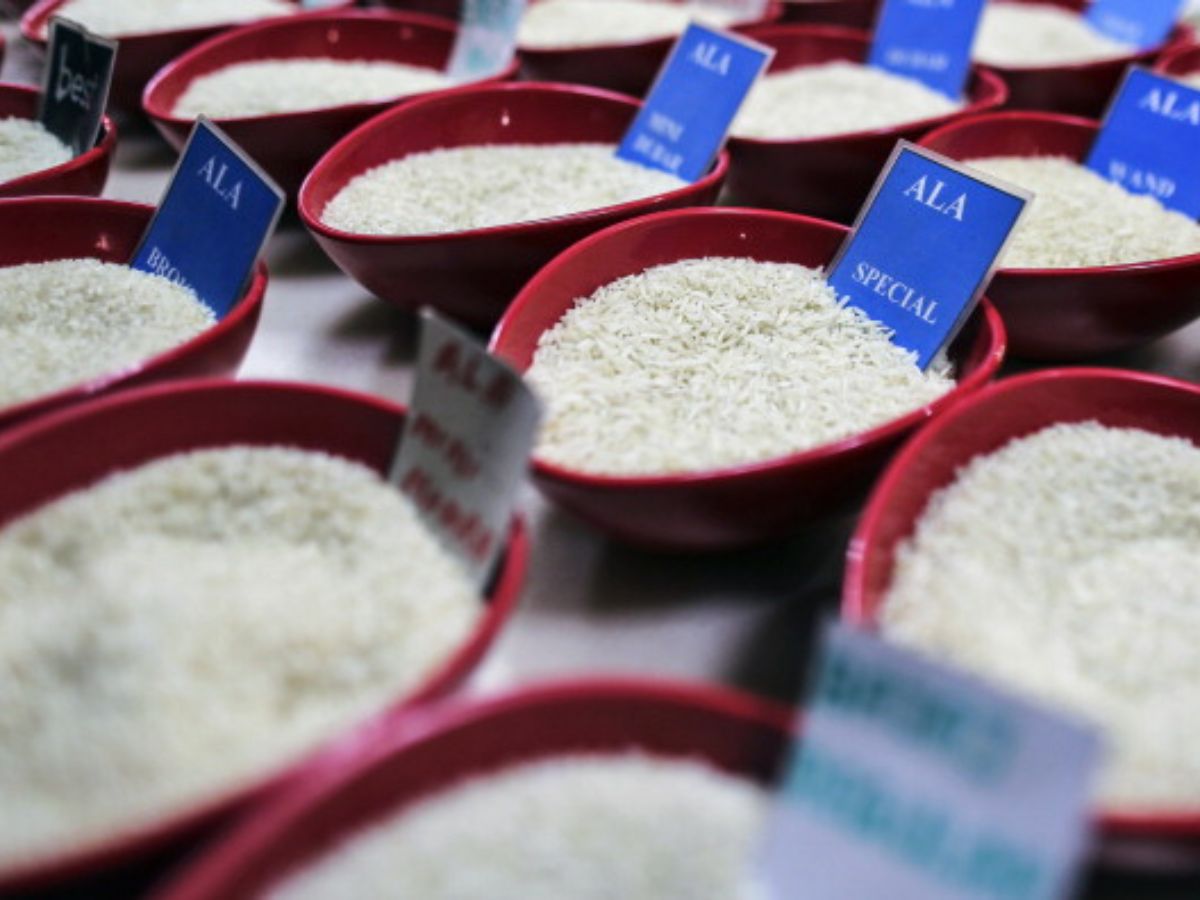India’s Proposal for Rice Ban Export as Regulation for Food Security: WTO Agriculture Committee Meet 2023

India’s Proposal for Rice Ban Export as Regulation for Food Security: WTO Agriculture Committee Meet 2023
At the recent World Trade Organization’s (WTO) Agriculture Committee meeting, India presented a compelling case for its decision to ban the export of rice. The core of India’s argument was that the ban serves as a regulatory measure to ensure food security for its vast population, rather than an arbitrary trade restriction. Here’s an in-depth look into the reasoning and implications of India’s statement.

According to an official, India claims that the prohibition on rice exports is a rule rather than a limitation and is essential for protecting the food security of 1.4 billion people.
In response to concerns expressed by a number of nations, including the US, during a meeting of the WTO’s Committee on Agriculture in Geneva on September 27, India made this statement. According to the source headquartered in Geneva, during the conference, India reaffirmed its commitment to ensuring food security in importing nations by allowing exemptions to those who are in need at the request of their governments.
Through the National Cooperative Exports Ltd (NCEL), the Indian government has previously approved the shipment of non-basmati rice to Bhutan (79,000 tonnes), the UAE (75,000 tonnes), Mauritius (14,000 tonnes), and Singapore (50,000 tonnes).
India prohibited the export of non-basmati white rice on July 20 this year in an effort to increase domestic supplies and control retail prices over the forthcoming holiday season.

According to the government official, “The Government of India has the commitment that it will provide with the required quantity of rice or wheat in case of food insecurity, vulnerable countries, and neighbouring countries request.”
India has also maintained that prior notifications were not given in the WTO to stop private participants from distorting market circumstances.
These interim measures are also reevaluated often to allow for any required revisions depending on domestic demand and supply conditions.A number of World Trade Organisation (WTO) members, including the US, have expressed worry over India’s plan to ban the export of non-basmati white rice, warning that it may have an impact on countries that rely heavily on imports, according to the trade official headquartered in Geneva.
India has being encouraged by the US to immediately eliminate this export restriction.
According to the official, these countries have stated that such policies have a negative effect on countries that significantly rely on the importation of certain agricultural products, especially during times of crisis.
The ongoing conflict between Russia and Ukraine, as well as the El Nino weather this year, are some of the elements that have hampered the flow of foodgrains.
Japan, Australia, Brazil, Canada, the European Union, New Zealand, Switzerland, Thailand, the United Kingdom, and the United States all posed more than a dozen inquiries.
They voiced worry about how India’s export prohibition would affect the worldwide
India, with a population of over 1.3 billion people, has the formidable task of ensuring food security for its citizens. Food security involves not only the availability of food but also the accessibility and affordability of food for all. Rice, as a staple grain, plays a pivotal role in this matrix. Any fluctuation in the production, distribution, or price of rice directly impacts a significant portion of the population.

The global market, with its fluctuations driven by climate change, geopolitics, and economic dynamics, can be unpredictable. By relying heavily on exports, a country might find its own domestic stocks depleted in times of global crisis. The ban on rice exports is a preemptive measure to mitigate the risks associated with such global volatilities.
While a restriction implies a blanket limitation on a particular activity without comprehensive reasoning, a regulation is a systematic approach to managing resources or activities. India’s stance is that the rice export ban is a calibrated response, a regulatory measure designed to ensure domestic food security, rather than a knee-jerk reaction to global trade dynamics.
India isn’t the only country to have taken such steps. Many countries, especially those with large populations or those vulnerable to food insecurity, have in the past imposed similar export bans or limitations on staple foods. These measures are usually temporary and are revisited as and when the domestic situation stabilizes.

The World Trade Organization acknowledges the importance of food security. Under its Agreement on Agriculture, countries are permitted to undertake measures necessary for the protection of their populations, especially when it comes to essential commodities.
However, these measures should not be used as a means to unjustly restrict trade. India’s emphasis at the Agriculture Committee meeting was to highlight that the rice export ban aligns with WTO’s guidelines and is enacted out of necessity rather than protectionism.
While the immediate concern is food security, India, like many other nations, is working towards sustainable agriculture practices to ensure long-term food supply stability. Investment in research, technology, and infrastructure, as well as policies that promote sustainable agricultural practices, are fundamental to achieving this.

In an increasingly interconnected world, the balance between domestic concerns and international obligations becomes critical. The rice export ban, as presented by India to the WTO, underscores this balance. It underscores the importance of regulatory measures aimed at protecting the well-being of a nation’s citizens, especially when it comes to something as fundamental as food security.





